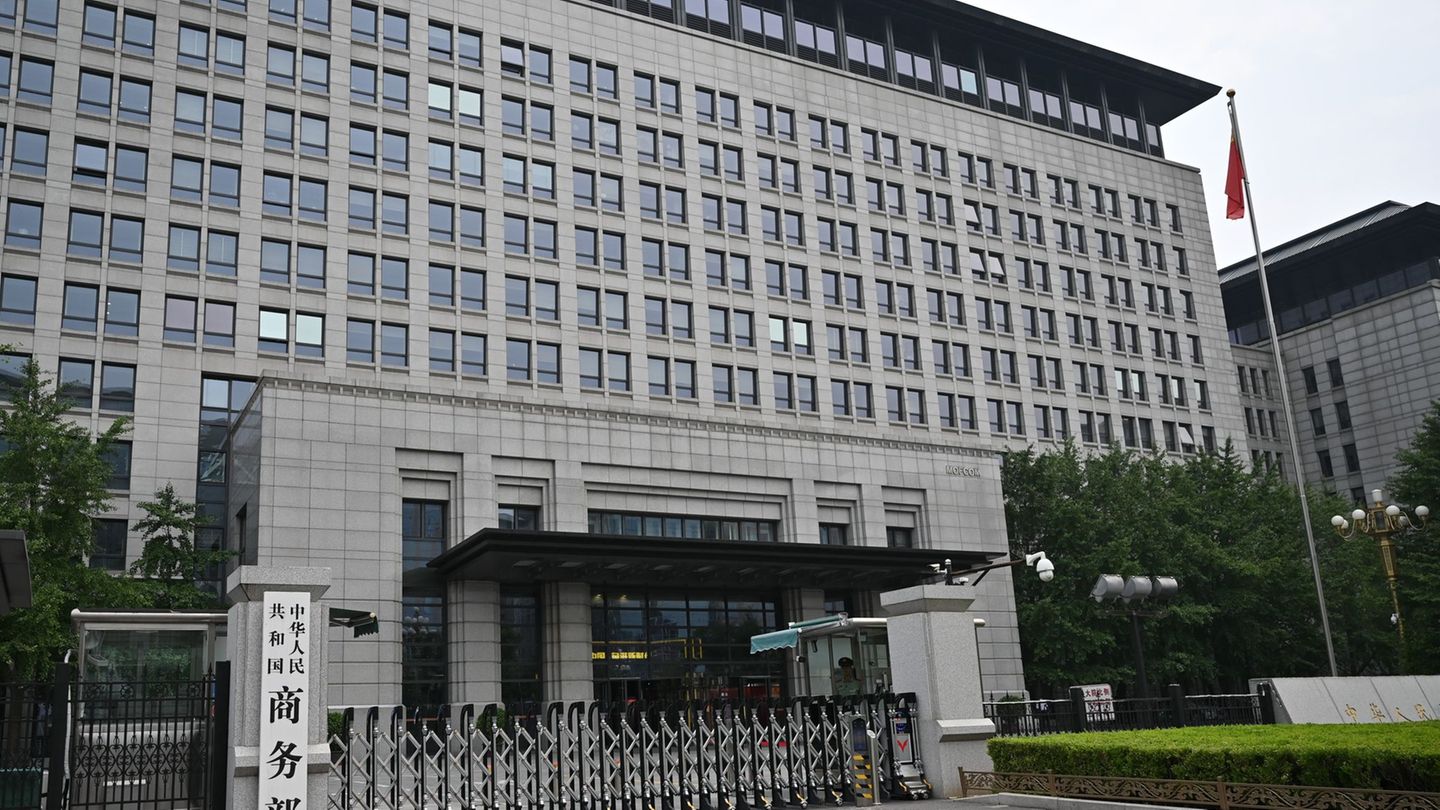After the sayings of the libertarian leader Javier Milei in it third presidential debate about the possibility that The State does not interfere in commercial relationsdoubts arose about the amount of regulations that the foreign trade in Argentina and if it is possible that there are no regulations.
“I believe that the State does not have to interfere in commercial relations. The State does not have to get involved and say who I have to market with and who I shouldn’t.. For those who have said that I do not want to trade with China either BrazilI tell you that it is a private matter, The State does not have to get involved“said the libertarian during the debate.
In this sense, the Chief Economist of Fundación Libertad y Progreso Eugenio Mari assured Ambit that for the correct functioning of foreign trade, “negotiation” and “coordination” between States is required, both in terms of permits, certifications and tariff issues.
For his part, the advisor in External Commercial Policy and Management and General Director of Jidoka SRL, Gabriel Solomonstated to this medium that “the State must intervene in foreign trade“. “Especially for the care of the assets of foreign exchange, natural resources and customs: control of prices and values, always with the purpose of favor the trade balance and take care of the national industry against those goods that could be imported even with dumping -are the products that are exported at a price lower than that sold in the country’s domestic market-“, he explained.
And he added that in foreign trade, the non-intervention of the State also implies irresponsibility, since it is essential to control the prices of transaction values, as well as other elements that are important for the benefit of the country. “Most countries intervene in foreign trade, either with bilateral agreements, blocks or exchange of merchandise lists,” said Salomón.
Javier Milei in the debate.jpg
Javier Milei raised in the debate the possibility of the State not interfering in foreign trade relations.
Photo: NA.
“There is room for States to work on building more agile trade that opens opportunities and generates economic benefits. This is a positive vision,” clarified the economist from Fundación Libertad y Progreso. Although he also criticized the “foreign trade administration” that exists in Argentina and has to do with a State intervention “concentrated on regulating, to a large extent in a discretionary manner, who, how much and how can be imported and exported.” In his view, this is a “discretionary system that threatens production and competitiveness“.
Foreign trade: how many regulations there are for exporting and importing
The regulations that businessmen have to import and export are divided into three groups:
National regulations
This type of regulations has to do with the economic situation in which Argentina finds itself, which is why to export, the Government from its different organizations requests: authorizations from the Import System of the Argentine Republic (SIRA)of the Economic and Financial Capacity (CEF) and turning, among others.
General regulations
They are those carried out at an international level, in all countries there are controls for the movement of merchandise abroad: classification regulation of origin and value.
Specific regulations
It has to do with the controls that can be carried out on each productfor example: phytosanitary regulations, quality controlsfrom particular organizations such as ANMAT in medicines, etc.
All these regulations belong to different state agencies, including Customs, AFIP and the Undersecretary of Foreign Policyplus some depending on the product.
In this way, Salomón specified that there could be between 3 and 4 regulations that any State could establish in an exchange, and additionally, there are between 4 and 5 that Argentina imposes due to its situation. A total of between 7 and 9 controls.
At the same time, understanding that foreign trade at an international level has regulations, it is impossible for the State not to intervene. Now, what could be done, as explained by the foreign trade specialist Marcelo Elizondoare free trade agreements to have a different transit of products and with fewer obstacles.
Mercosur.png

Foreign trade: what is the importance of economic blocks
Another of the points made by the libertarian candidate had to do with the Mercosurcomprising Argentina, Brazil, Paraguay and Uruguayin this case he used it as an example of “hindrance“and said that in his opinion, “It has no exit road and does not progress anywhere.“.
However, Salomón contradicted the idea and assured that in a globalized world, “exchanging in blocks with the rest of the world is much more productive”, while highlighting that “There are many more agreements generated in blocks than bilateral ones.“.
Source: Ambito




